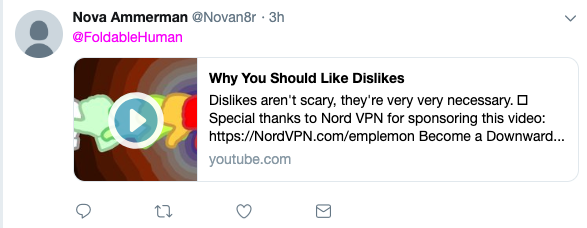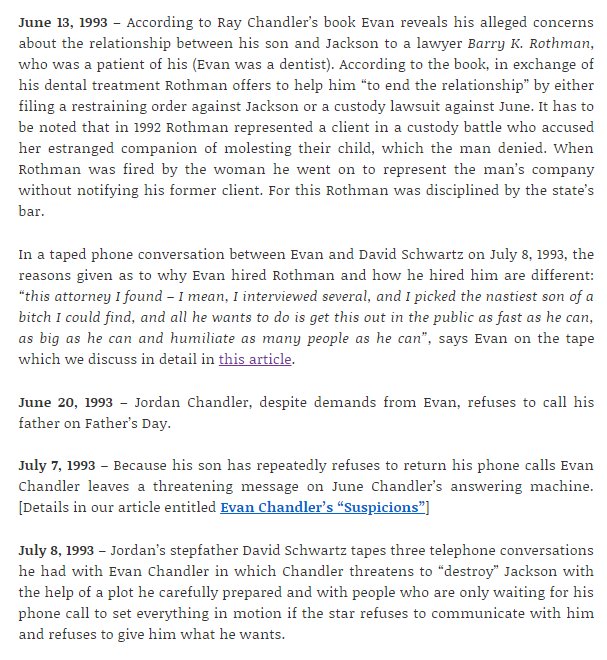But.
I've got this dread that they are totally going to "answer" that in the next two episodes and the answer isn't going to be "yeah, prophecy is BS" but will instead be a chain of absolutely tortured logic in order to fit what they wrote into fulfilling the prophecy.











